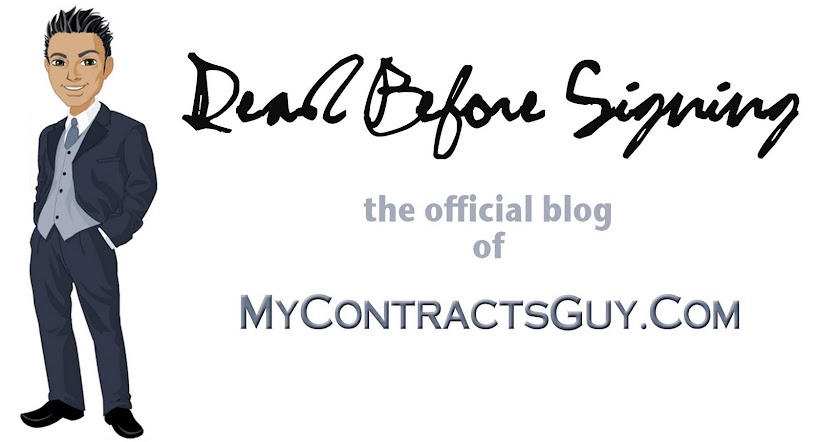 Sticks and stones... we all know how that old saw goes. But, at some point in our lives, we also learned that saying bad things about other people is also legally actionable. Unfortunately, just as it's not exactly true that "words can never hurt", it's similarly not true that you can successfully sue someone just for saying something mean.
Sticks and stones... we all know how that old saw goes. But, at some point in our lives, we also learned that saying bad things about other people is also legally actionable. Unfortunately, just as it's not exactly true that "words can never hurt", it's similarly not true that you can successfully sue someone just for saying something mean.The Definition
According to Black's Law Dictionary, libel is: "a defamatory statement, express in a fixed medium, esp. writing but also a picture, sign or electronic broadcast." and slander is "a defamatory statement expressed in a transitory form, esp. speech." Well that does a great job of distinguishing between the two (libel is in writing and slander is spoken), but doesn't really tell you what they are. So how about "defamatory statement"? According to Black's that is "a statement that tends to injure the reputation of a person referred to in it. The statement is likely to lower that person in the estimation of reasonable people and in particular to cause that person to be regarded with feelings of hatred, contempt, ridicule, fear or dislike." Wow. That's just broad enough to not really be helpful at all. In fact, nearly every word in each of those definitions has been litigated over in a court of law. So what it really means is a much more complex question; the kind that really does need to be determined in court.
Practical Application
There are some lessons from the law, however, that can be used by in the everyday determination of what sort of statements actually rise to an actionable level. The most important of which are defenses to libel and slander: truth and opinion. In most jurisdictions, a statement must be false in order to qualify as defamatory. This is often spoken as the legal axiom: truth is an absolute defense to libel and slander. While this is a bit of an oversimplification, it's still a good rule of thumb. If you're telling the truth, or someone is telling the truth about you, no matter how damaging the information is, there likely isn't a case. In addition to being false, a statement must also be able to be proven as false. This is often stated as another legal axiom: opinion cannot be defamatory. And again, while this is a little oversimplified, it's a handy guide. If someone is clearly making a statement of opinion, it's not likely what they're saying/writing is something actionable.
A Reminder
As always, when wondering about whether you can sue or be sued for something, it's important to think about the money that's involved. First, it's not enough that you can prove a statement to be libel or slander, there must be actual measurable damages. There is no criminal version of these two concepts, they are civil claims only. If there are no damages, there is no case. And for the most part, having hurt feelings or being really, really mad are difficult to quantify. Second, as I've often said, litigation is expensive. It's actually more expensive than you think it is. If you want to know how much, try and think about how much you think it will cost you to take a civil case to trial. Now multiply that number by four... or maybe six. If the damages you think you can prove aren't pretty big money, it's likely that it's not worth it to try and take it to court.
* * *
For the most part, libel and slander cases really don't make much sense except for celebrities and large businesses. The good news is that if someone (who is neither a celebrity or the owner/CEO of a large business) tries to tell you they're going to sue you for either, they're probably all bark and no bite. The bad news is that if you've been using this as a threat against those who speak ill of you, you're probably better off with the old saw we started with: "but words will never hurt me."




0 comments:
Post a Comment